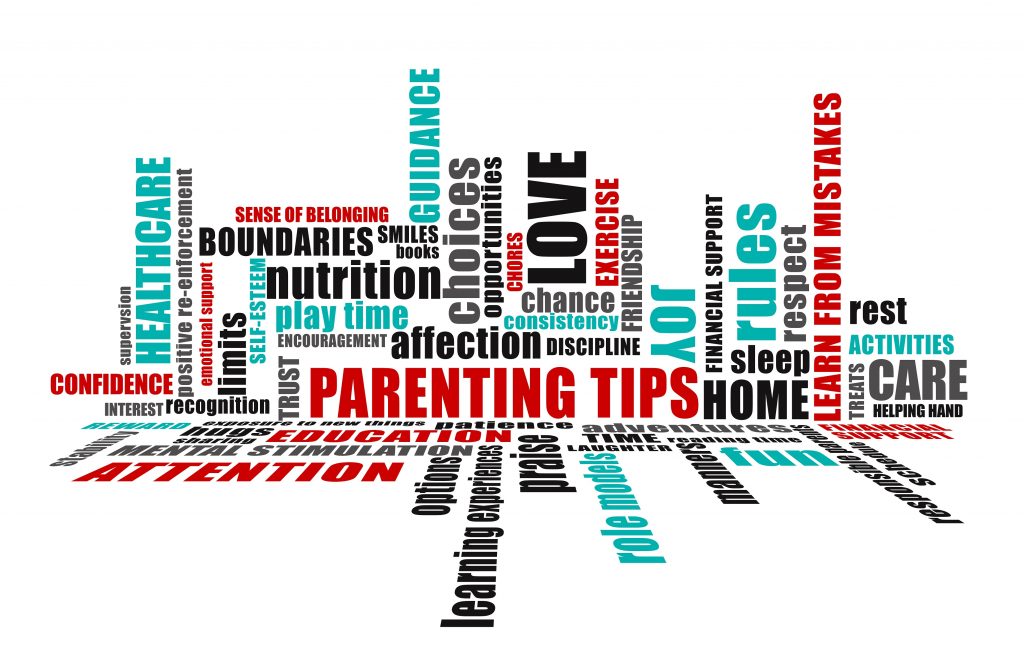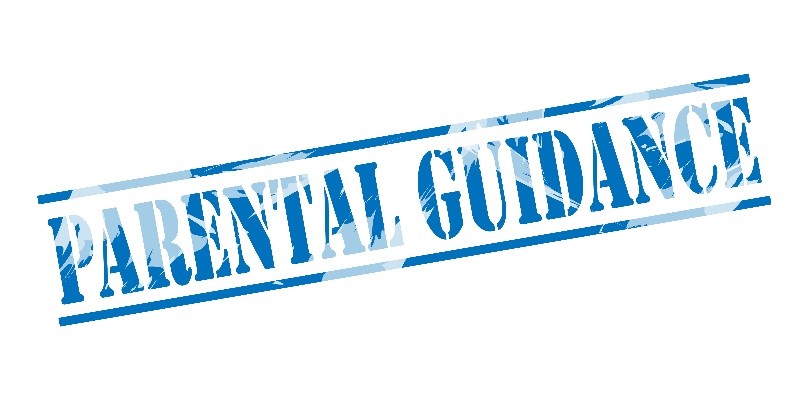Parental Control software allows parents to, amongst other things, govern what their family can access online, what apps they can download and the amount of time that their family can spend on the internet and while no software is fool proof, using parental control software can giveparents another layer of protection and the tools they need.
While the term Parental Control is the industry standard used to describe this type of software, it should not be about controlling your children’s online access. It is and can be about safeguarding them, guiding them and communicating with them so they can understand what it means to stay safe on the Internet and helping them make good decisions that will enable them to have a safer online experience. With this in mind Parental Guidance is a much more accurate term.
As a parent of two young children and with friends and family who have teenage children, I understand how challenging parenting can be but as a parent we all have an overwhelming desire to make sure your children are safe and grow up in a safe environment. I am not talking about wrapping them up and hiding them away from the harsh realities of the world, but trying to make sure they are as safe as possible without hindering their ability to learn from their mistakes and have as positive an experience as possible while growing up.
Children of today are growing up in a very different world and hiding from the reality of the need to build a positive online experience for them is short-sighted, every aspect of their adulthood will be driven by technology and we have a responsibility to ensure they understand how this new world can positively influence their future.
We all teach our children about road safety, stranger danger, eating healthy, physical bullying, the dangers of drugs, make sure they watch age appropriate material on television or at the movies and make educated and informed decisions about various aspects of life but we tend to feel that online safety is different. Often we close our eyes and hope for the best, like an impending collision. It may be because we think that nothing bad will happen to our child or that we don’t understand enough about the online world ourselves and as such we tend to shy away from this topic.
A blog recently posted by a parent in the UK highlights the fact that online grooming can happen to anyone and it is a very interesting but somewhat harrowing read for a parent.
https://williamhenryprince.com/2017/06/23/child-grooming-abduction-a-true-story/
An article by The Telegraph in 2016 stated that “Three-quarters of children aged between 10 and 12 have social media accounts despite being below the age limit, a survey has found on Safer Internet Day”
Children look to their parents for guidance and support in the physical world and it is just as important that we also guide them about staying safe online. Children often don’t understand that when posting pictures and thoughts online that these posts can remain online. They need to ask themselves whether they would be happy saying or sharing the same information in the real world.
There is an app called Rethink (http://www.rethinkwords.com/) that uses context sensitive filtering to determine whether the social media posting is offensive and thereby gives the person posting a second chance to reconsider the text and amend the text so that it isn’t offensive. Research has shown that if the posting is flagged as offensive, adolescents change their mind about the posting 93% of the time and the willingness of the person posting to post an offensive message drops from 71% to 4%. Using this type of software app can have a positive impact on the use of the Internet.
Having regular conversations about your children’s digital profiles and digital lives will help them feel more confident about coming to you should they experience anything they are uncomfortable with online.
Research has shown that teenagers are often hesitant to engage with their parents about online activity because they fear that they will have internet access removed or heavily restricted. Parents who have talked to their children about online activity are more likely to be in a position where their children will come to them and talk about any worries or concerns they have.
It may be worthwhile investing the time in a family agreement. The family agreement can govern how to keep safe online, agree what can be posted on social media sites, how long can be spent online, what games can be played on games consoles and on tablets, what to do if someone in the family comes across material that is inappropriate or makes them feel uncomfortable, and also what to do if you receive messages that are threatening or bullying.
Childnet have put together a family agreement template which you can find here http://www.childnet.com/blog/family-agreement and also http://www.digizen.org/digicentral/family-agreement.aspx

It is easier for parents of younger children to offer parental guidance on online activities because it then becomes a normal part of using the Internet however it’s still important to have conversations with teenagers about staying safe online and their digital life. Remember, it doesn’t have to be you as the parent that has that conversation, it can be a close and trusted family friend that could talk to them, a teacher, a sports coach or maybe one of their friends.
As parents we sometimes find it difficult to know how to start a conversation about staying safe online and post appropriate material.
The NSPCC and the UK Safer Internet Centre have put together some hints and tips about starting the conversation around staying safe online.
https://www.saferinternet.org.uk/advice-centre/parents-and-carers/have-conversation
Parents who aren’t technical often find it a challenge to understand all the latest trends and keep up to date with the latest technology.
For parents who aren’t technical there are various resources that can be used to find out about some of the apps and social media trends that they need to be aware of and talk to their children about.
The Netaware website (https://www.net-aware.org.uk/) is building a list of commonly used apps and gives a brief on the app, the minimum age recommended by the vendor and views of the app from children and parents.
Also the iNet Guardian facebook page and Twitter feed are regularly updated https://www.facebook.com/inetguardian/
A lot of parents and children do not know how to report any material that they have come across which they consider inappropriate.
The following list can be used to report various material on the Internet
Images and videos of child sex abuse should be reported to the Internet Watch Foundation – https://report.iwf.org.uk/en
The child exploitation and online protection centre, CEOP, can be used to report –
- Request to share nude images
- Threats from someone after images have been shared
- People asking for live streams and to do things that make you feel uncomfortable
- Someone asking to meet face to face and pressurising the child
- Someone I met in an online game keeps asking to talk privately
- Someone online is pressurising to do things that they don’t want to do
These can be reported here https://www.ceop.police.uk/safety-centre/
Online material promoting terrorism or extremism can be reported here
https://www.gov.uk/report-terrorism
Online fraud, cyber crime and online scams can be reported here, Action Fraud is the UK’s national reporting centre for fraud and cyber crime where you should report fraud if you have been scammed, defrauded or experienced cyber crime
http://www.actionfraud.police.uk/report_fraud
Abuse on the common social media platforms can be reported through each site individually.
For Facebook – https://www.facebook.com/help/reportlinks
For Twitter – https://support.twitter.com/articles/20169998?lang=en#
For Instagram – https://help.instagram.com/165828726894770/

